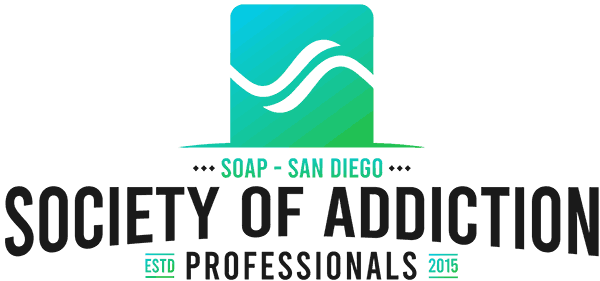While it’s true that everyone is an individual, everyone has a communication style that they tend to stick to as they go about their life. Some of these are healthy, while others are symptoms of old unhealthy patterns that need to be left behind. Sometimes it’s hard to see these types of patterns in yourself.
What Does Aggressive Communication Look Like?
Aggressive communication may be through body language, the language you use, or the way you say the words. If you cross your arms in front of your body or put your hands on your hips as you speak loudly, the person you’re talking to may think you’re trying to be intimidating and, therefore aggressive. Aggressive people may speak loudly, use foul language, and demand things. They may try to manipulate the person they are speaking to.
You may have used aggressive tactics as a survival skill when you were using alcohol or drugs. It’s not a useful skill in the regular world or recovery. It keeps you in a shell and others at a distance. You need to trust people and treat them with respect in your new life, even if you’re afraid they’ll hurt you one day.
What is a People-Pleaser?
A people pleaser is a person who does things so that “everybody gets along.” They will go out of their way to avoid conflict and often let people take advantage of their kindness. These people also have a shell around them. They may feel lonely because they don’t stand up for themselves. They may suffer from low self-esteem and other barriers to self-acceptance.
People-pleasers often have a history of trauma in their background. Trying to get people to get along, no matter what may seem like a solution. There is such a thing as healthy conflict, and you do deserve to speak up for yourself or others when something is unfair. You may have been burying your feelings for a long time, but it’s safe to express them now.
Just make sure that when you do express them, it’s in a healthy way.
Being Assertive in Recovery
Being assertive is a rewarding communication skill that can help you with your relationships and your work life. Many people don’t know what it means to be assertive. Let’s take a look at what being assertive means:
- You stand up for yourself or others if you need to.
- You treat others with respect and acknowledge their point of view.
- Listening actively. Lean in and really absorb what the speaker is saying, and don’t interrupt.
- Use “I” statements. Instead of saying, “You make me feel” to a person, tell them “I feel ___ when you ___.”
- Don’t throw things, make demands o,r ultimatums. If you’re not sure what will help a disagreement, agree to disagree and talk about it again later.
- Don’t let anyone blame you for their behavior.
- Roleplay what you want to say when you’re having a conflict. Ask a friend or sponsor to help you act out difficult conversations.
If all this talk about assertive versus aggressive confuses you, get help. You may need to get the input of your sponsor or a therapist to learn which type you really are. Don’t be ashamed to ask for help if you think you’ve got a problem with how you communicate. Recovery is about changing yourself for the better.
Communication skills will come more easily the more you practice them in recovery. Everyone makes mistakes, and it can be humbling to realize that you’ve been aggressive in the past. Recovery is about healing and change. Don’t beat yourself up. Continue to work on your communication skills a day at a time.

